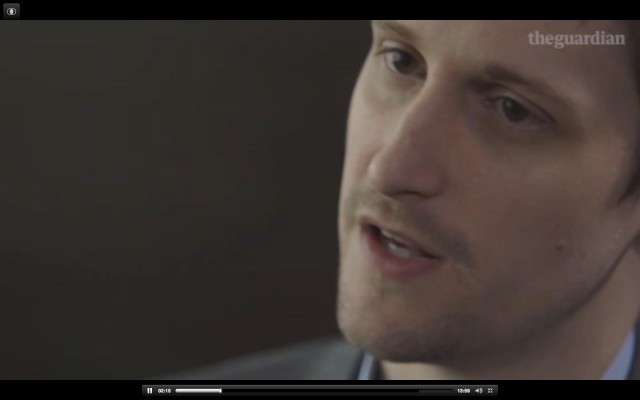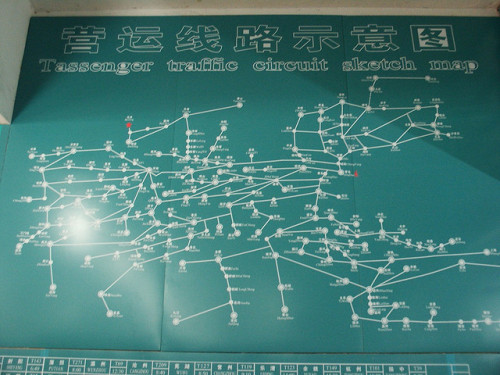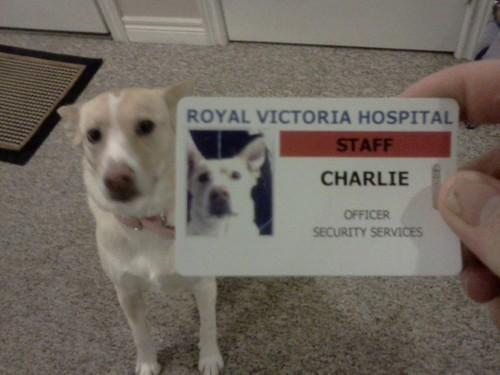First Commissioner Steve Novick told us an income tax increase wasn't workable for raising the millions in extra revenue he says Portland's streets need. A poll released in April, Novick told reporters, showed the public didn't have the stomach for such a raise. Portlanders much preferred a street maintenance fee option, wherein residents would be charged a flat monthly fee and businesses are assessed charges on a sliding scale.
At the time, the Mercury questioned whether or not that result (a bare majority of voters approved of a fee) might not have been dictated by the form of the survey, which was highly focused on a maintenance fee, and only threw tax increases in at the very end. We even talked to experts to see if they thought the findings were valid.
Since then, it's become clear the public is at least somewhat hostile to a street fee. There's even a new effort to force a recall election for Novick and Mayor Charlie Hales because they've tried to get it through council without holding a public vote.
And now we hear that the public likes an income tax, after all. Novick's office just released the results of a new poll that suggests one income tax raising option, on people with incomes of $125,000 and above, is more popular than the street maintenance fee ever was—with 60 percent support.
So what changed? Was the initial poll truly biased in favor of the maintenance fee? Or has public opinion changed during this lengthy and fraught discussion? And will Novick, who's long said he's holding his nose at the thought of the regressive Transportation User Fee he's proposed, now start pitching an income tax increase? We hope to talk to the commissioner later today. One of his staffers, Bryan Hockaday, tells the Mercury: "Our kind of broad perspective on it is conversation and sentiment has changed in that time since our first poll."
We'll update after we talk to Novick.
Update, 2:23 pm:
Turns out Novick paid for the new poll himself, out of funds his office had leftover at the end of the fiscal year. It cost $16,500.
The big question here is: Why haven't we been talking about an income tax all along? And did that $28,000 poll released in April help us or hurt us by not offering a true picture of public opinion (that, of course, assumes this latest poll offers a true picture of public opinion, which: who knows).
"I wish we had asked the questions this way a couple months ago," Novick concedes. "I was surprised at the results we got earlier. It was partly the questions and the way we asked them."
In fact, when we quizzed the vice president at polling firm DHM Research about that a couple months back, he said it was unlikely any funding mechanism beyond a maintenance fee would clear 50 percent support. That's clearly not the case.
As far as the new findings, Novick reiterated he's happy with the prospect of a progressive mechanism, but that he's not taking sides. There are three separate working groups hashing over how best to float a new proposal before Portland City Council in November.
"I don't want to get out ahead of the working groups, which we really want to rely on here," Novick says.
He notes, though, that Portlanders have recently supported tax hikes on the well-off. In 2010, Multnomah County residents passed Measure 66—a statewide measure that raised income tax on individuals making $125,000 or more and households making above $250,000—by a wide margin.
"There will be some who see it as polarizing," Novick says, "but it's not true that everyone who makes $100,000 will see it that way."
Also of interest, Novick says, is the relatively modest amount of money that would be collected if Portlanders earning below $100,000 saw a .25 percent increase in their sales tax, as proposed in one question. According to an analysis done by the state's Legislative Revenue Office, that increase would only raise $10 million to $15 million. An additional $50 million in revenue would come from higher income brackets.
Hit the jump for the full release:
July 17, 2014— A new survey provides some additional information on Portlanders’ attitudes about transportation funding options for the citizen working groups the City has convened to advise the City about funding mechanisms to address its significant transportation needs.
"Some business owners were concerned that the proposed non-residential fee, based on trip generation, didn't take into account the profitability of the business. So we tested people's attitudes toward increasing the tax on business profits," said City Commissioner Steve Novick. "The most common concern we heard about the residential fee was that it was regressive. So we tested new versions of the progressive income tax. We also tested a revised version of a sales tax, combined with a business profits tax," Novick said.
The survey, conducted by DHM Research on June 19 through 22, tested separate sets of 300 voters on each of 4 funding options. It found that:
· Portlanders were closely divided – 47% yes, 48% no - on the idea of raising the city tax on business profits to 4% from its current rate of 2.2%. (That option would raise the entire $53 million annual goal set by the Mayor and Commissioner Novick.)
· They supported, by 50% to 45%, the idea of an income tax of one-quarter of one percent on incomes below $100,000; 1% on the amount of income between $100,000 and $250,000; 2% on the amount of income between $250,000 and $500,000; and 3% on income above $500,000.
· And, Portlanders supported, by a margin of 60% to 37%, the idea of an income tax of 1% on incomes above $125,000, 2% on income above $250,000, and 3% on income above $500,000.
· The survey also tested the concept of combining a smaller increase in the business profits tax (to 3.1%) with a sales tax of one-quarter of one percent that would exclude uncooked food and have a rebate for low-income people. Portlanders disapproved of that option by a margin of 59% to 36%.
Mayor Hales and Commissioner Novick have set $53 million as a target for a new transportation funding mechanism. When we asked the State Legislative Revenue Office (LRO) for a rough estimate of the revenue that could be generated by these income tax options, LRO indicated that the “$125,000 and up” option would likely raise an amount in the $50-$55 million range and the option including an 0.25% rate on incomes under $100,000 would likely raise an amount in the $60-$65 million range.
Mayor Hales and Commissioner Novick have called for a transportation funding mechanism that splits the responsibility for new revenue between businesses and residents. Therefore, if the working group recommends and the City moves forward with one of the income tax options, the rates outlined above will likely be halved to yield the goal amount from residential payers. In that case, the first option above would be adjusted to become an income tax of 1/8 of 1% on incomes below $100,000, ½ of 1% on income between $100,000 and $250,000, 1% on income between $250,000 and $500,000, and 1.5% on income above $500,000. The second option would be adjusted to an income tax of ½ of 1% on income between $125,000 and $250,000, 1% on income between $250,000 and $500,000, and 1.5% on income above $500,000.
LRO used Oregon taxable income (not gross income) as the basis for its rough estimates. LRO said that a couple making $60,000 in gross income, with a typical amount of deductions, would likely pay about $50 a year – or slightly over $4 a month – under an income tax rate of 1/8 of 1%.
Novick said that he expected the working groups to take the information - as well as previous surveys - into account as they work to develop modifications or alternatives to the transportation user fee Mayor Hales and Novick had proposed. "One message I take from the survey is that a sales tax is unacceptable to such a large percentage of Portlanders that we can safely say that's off the table," Novick said.
[ Subscribe to the comments on this story ]






















































 Jennifer ‘From The Block’ ‘Jenny’ ‘Lo’ Lopez has had a new species of water mite named after her.
Jennifer ‘From The Block’ ‘Jenny’ ‘Lo’ Lopez has had a new species of water mite named after her.